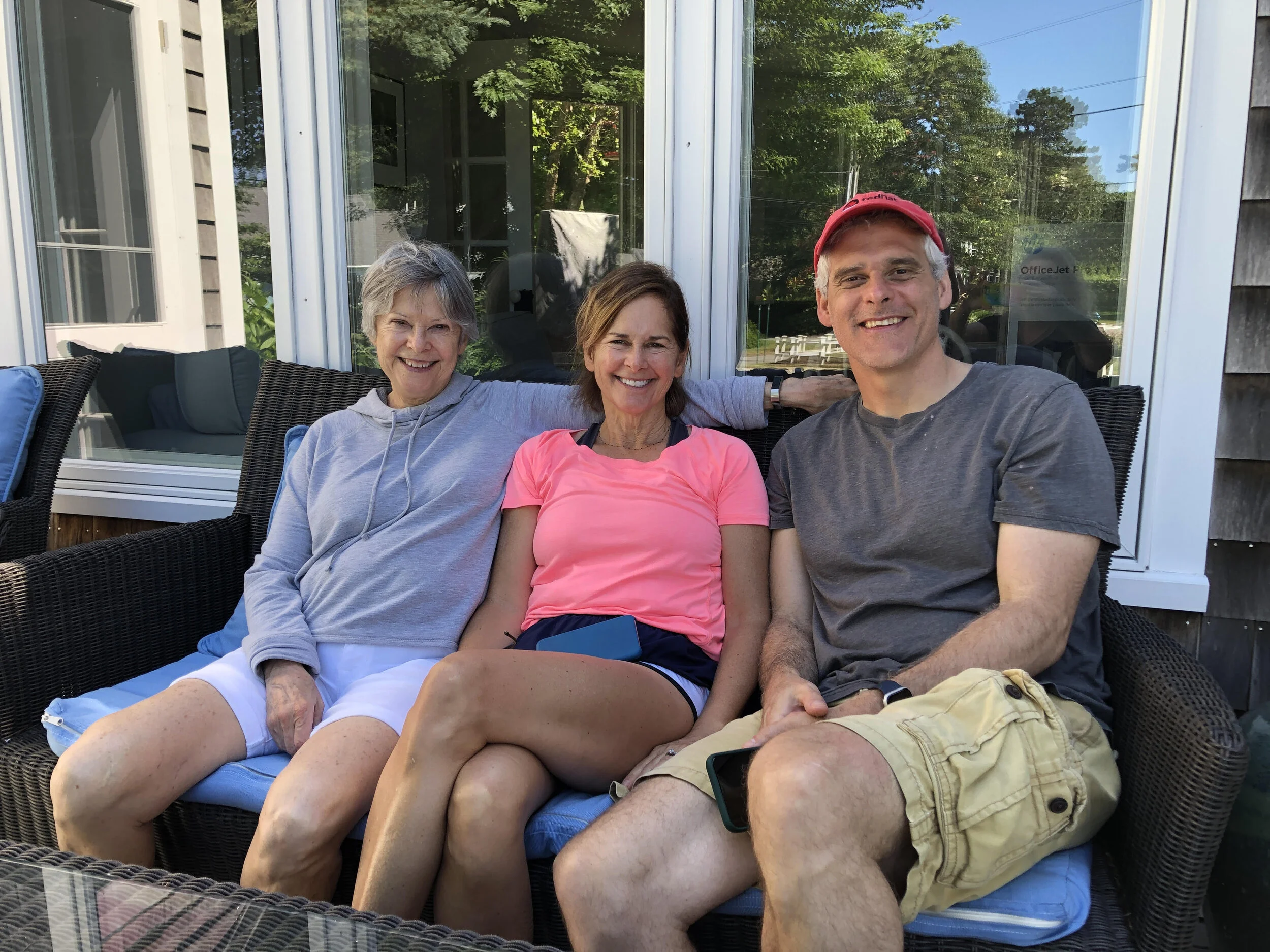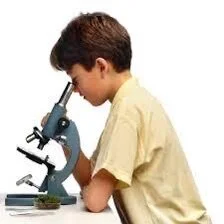Ah well, I was at Cape Cod last week and didn’t get a blog post written. I was at last with my children, my son-in-law, and two of my grandchildren. I love them all dearly.
Sunday I was reading Maria Popova’s Brain Pickings. She’s writing about how who and what we love reveals who we are. First, she defines love as the attention we give things, and being “in love” as enhanced, directed attention. Which may blind us to what actually is there, which she describes as broader and airier. When we’re “in love,” the world glows, but only a narrow band.
What we love shapes everything. What we attend to shapes our art, our personalities, everything. If I turn my attention to the serviceberry tree in the yard, the entire realm becomes available to me. I love the ground it’s planted in, I love the water I put on it. I love the sky that’s in constant conversation with it. I love its berries and its blossoms. My loving shapes me into a lover. My love of the tree sparks the words I use, the way I see the world.
I’m talking from the point of view of a writer, now. Writers must be intense and mad lovers. Our attention goes everywhere, and everywhere it turns, it expands as if under a microscope. Forget the serviceberry tree—even abstraction grows until we can see through it as if it were clear water.
“The soul selects her own society. . . Then -- close[es] the Valves of Her attention—like Stone.” This is Emily Dickinson, of course. In a sense, yes. In her case, really. She shut her door. But look at her poems. Her attention is wide open. I think she had to shut down to open up. Or, rather, she had to limit her world so that she could see more clearly.
That doesn’t mean she limited her attention. If anyone was madly in love, it was Emily. She wrote magnificent love poems, no matter who to. She wrote love poems to everything, including a snake.
I think of Robert Louis Stephenson’s poem, “The world is so full of a number of things, / I’m sure we should all be as happy as Kings.” But we’re not. People stay dizzy and distracted. And too, if we love anything, we’re going to lose it eventually.
The act of writing is the act of acknowledging utter defeat, really. Doris Day used to sing that love and marriage go together like a horse and carriage. What do actually and irretrievably go together is love and pain. In the immortal words of the Everly Brothers, love hurts. The more we love, the worse it will hurt. But that sort of hurt is the fiery glint in our writing. It’s the beauty in The Dying Swan. In Hamlet.
When writers stay at it, we can feel the pain of this kind of work. Or, rather, we can feel the complete hopelessness of getting it right. We can feel the drag of lethargy against the pull of ambition (I mean the kind that wants to do good work). We can feel the ache in the back or the hands or the butt. I put on my hand brace to ease the arthritis from too many years of moving my writing wrist. We manage.
If love is attention—and I think that’s the best definition—that attention has a kind of steadiness to it. It isn’t appropriating you for my own needs. It just means “I see you.” I appreciate who you are. I trace the details of your being, how they look to me. I don’t obscure them with judgment, I don’t obscure them with politics (also judgment), I don’t turn away if what I see is unpleasant, I don’t lose myself in adoration. I simply see you. I write what I see.
I wrote poems about my parents. I was worried because I wrote what I saw. I think, frankly, they didn’t understand them enough to be very concerned. I worried, but I wrote them anyway. They were my way of loving them, in all that complexity.



